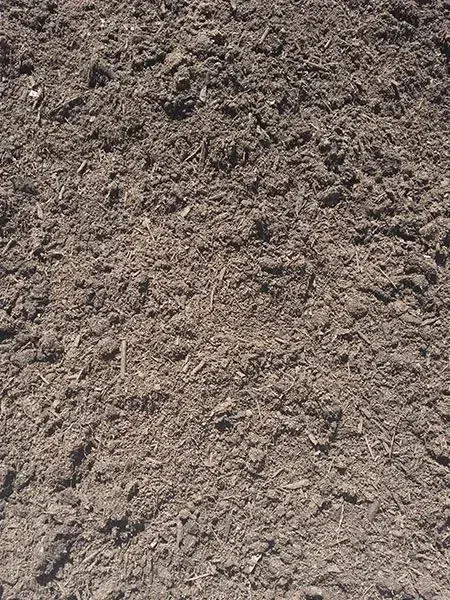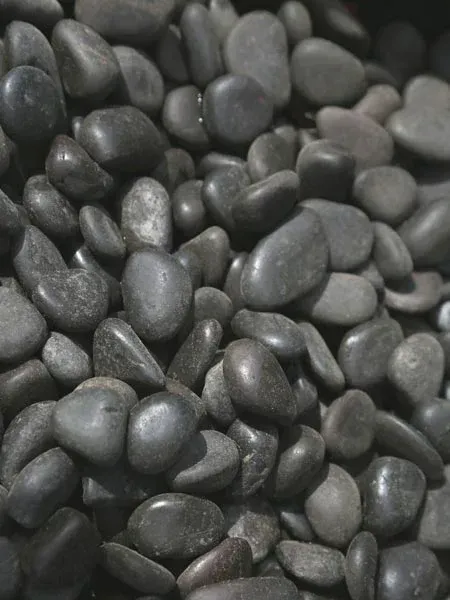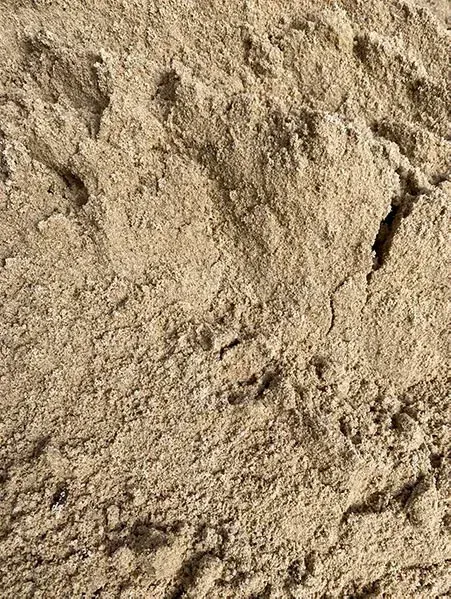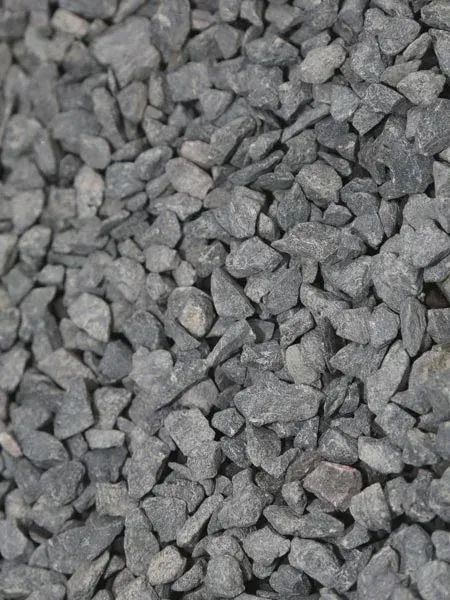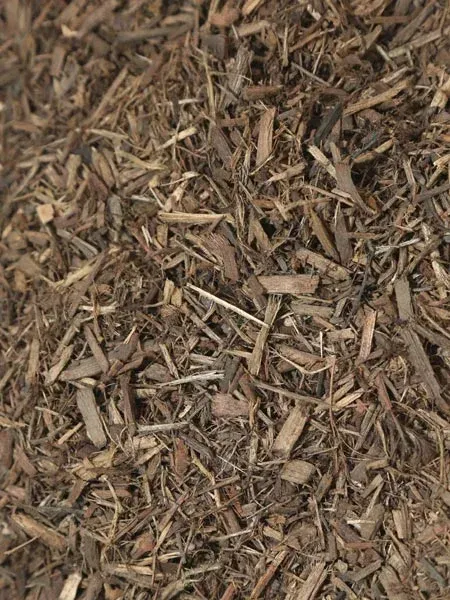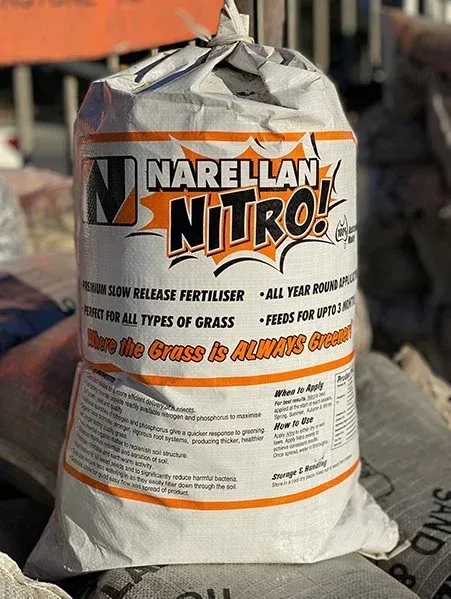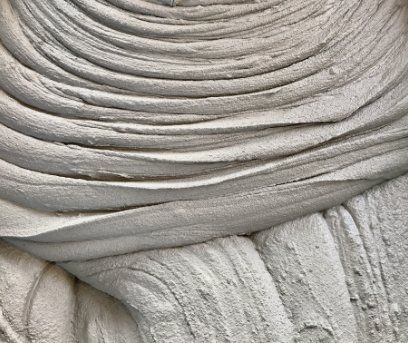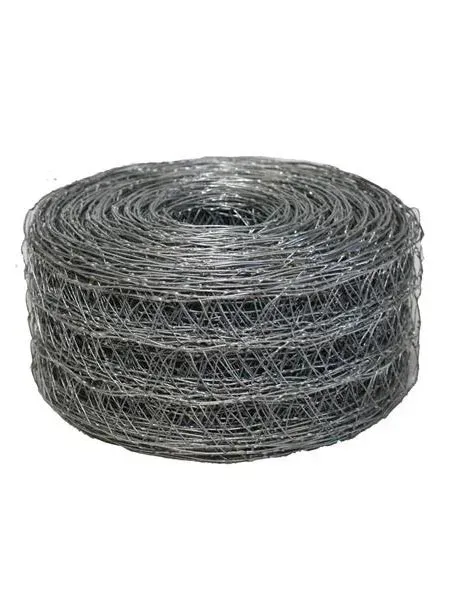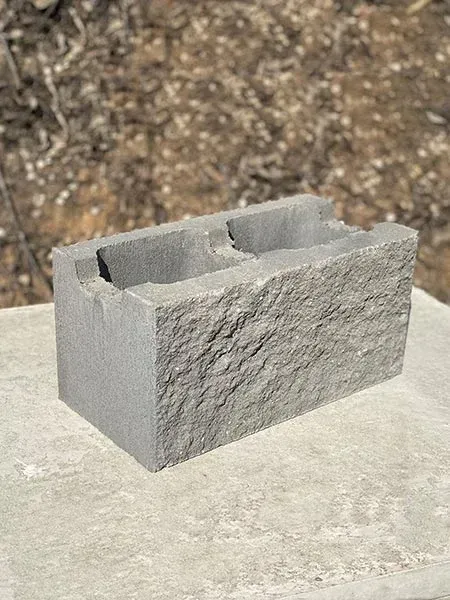Composting is an excellent way to enhance soil fertility and provide essential nutrients to plants, but while traditional compost is still widely used for a variety of garden and landscape applications, mushroom compost has gained popularity in recent years as a new and exciting alternative. But what are the benefits and considerations of using mushroom compost compared to normal compost?
Mushroom compost, also known as mushroom soil or mushroom substrate, is a byproduct of the mushroom farming industry. It consists of a blend of organic materials such as straw, hay, corn cobs, and poultry or horse manure, which are mixed and undergo a controlled decomposition process to result in a nutrient-rich product.
One of the significant advantages of mushroom compost is its high nutrient content, since it's typically richer in nitrogen, phosphorus, and potassium as compared to normal compost. These nutrients are essential for promoting healthy plant growth and development. Moreover, mushroom compost has excellent water retention properties and can retain moisture effectively, reducing the need for frequent watering. This is especially useful for gardening or landscaping in arid or drought-prone regions that need their watering to last longer.
Another advantage of mushroom compost is its ability to suppress certain plant diseases and pests. This is because the heat generated during the composting process helps eliminate pathogens and weed seeds, minimising the risk of plant infections.
However, there are some considerations to keep in mind when using mushroom compost. It tends to be alkaline, which may not be suitable for plants that prefer acidic conditions. Additionally, mushroom compost should be well-aged or fully decomposed before use to prevent potential nutrient imbalances or the risk of introducing harmful substances.
No matter your compost needs, Narellan Sand, Soil & Garden Supplies has you covered
All in all – as with all things in the landscaping world – both
mushroom compost and
normal compost have their advantages and considerations.
Mushroom compost offers higher nutrient content, excellent water retention, and disease suppression capabilities but may not be suitable for all plants, and proper aging is crucial before application. If you'd like to learn more about mushroom compost and its suitability for your gardening needs,
reach out to Narellan Sand, Soil & Garden Supplies for further advice or to
buy the right product for your garden today.

